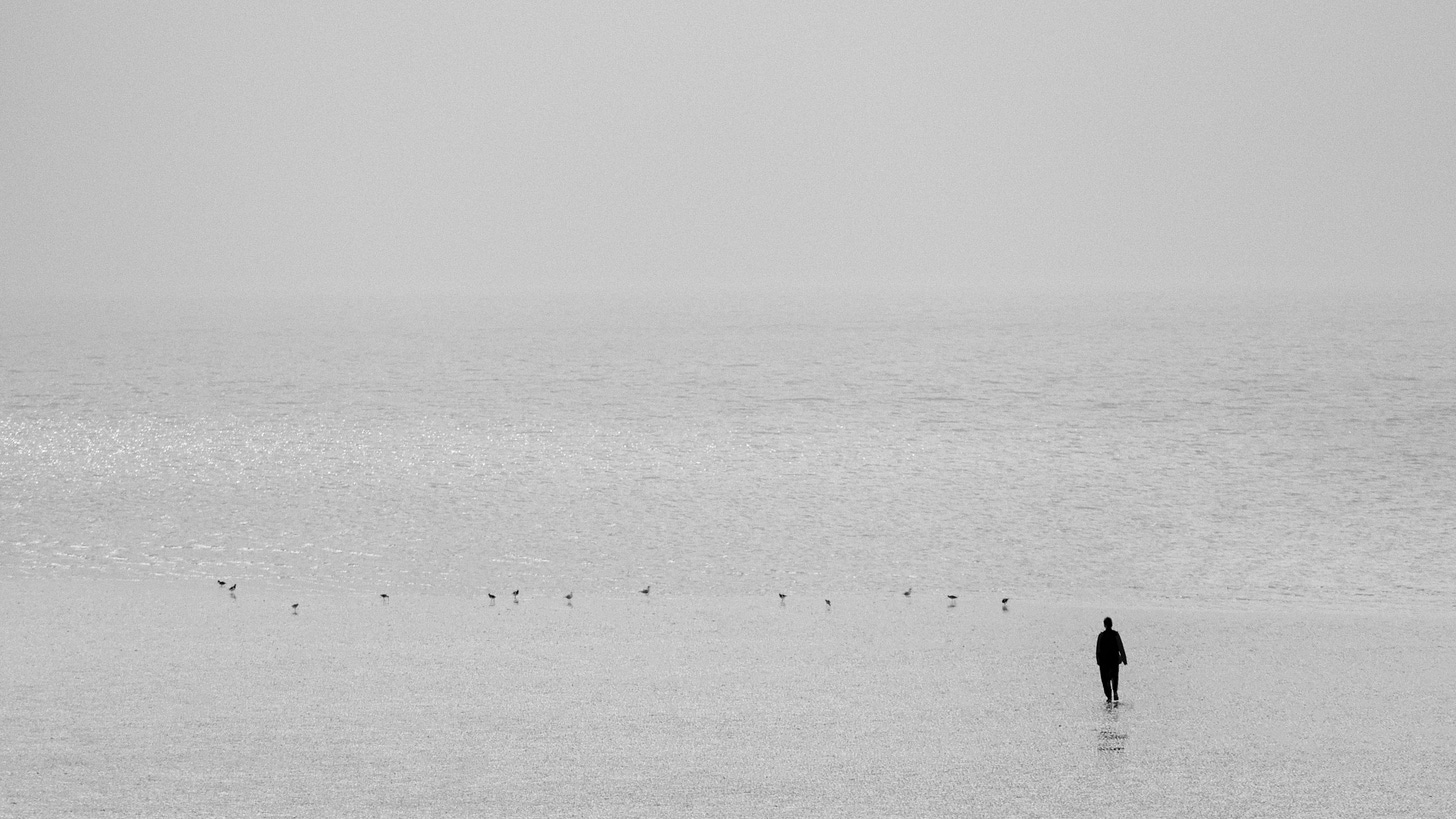{cross-posted from Facebook and the Amherst Indy}
For those who were/are following the crisis in the Amherst Regional Public School district from elsewhere, a spate of resignations occurred in August: The superintendent (with a golden parachute and non-disparagement clause) followed by four members of the Regional School Committee, including two who held chair positions.
The narrative the resigned RSC members are on a media tour expounding is that they left public service due to untenable bullying, personal attacks, and harassment. Their story is that a small number of vitriolic, loud people who lack any interest in civil discourse or due process made it impossible for them to do their jobs and negatively impacted their well-being.
One recent opinion piece labeled those of us who have devoted countless time since April to organizing and advocating in solidarity with and on behalf of LGBTQIA+ youth as “culture war agitators,” which struck me as saying more about the writer than any of us.
Without agitation, we signal our acceptance of inertia. And when inertia means the adults in charge react to members of the public and teachers with projection and finger-pointing, then maybe one thing we are being called to is more willingness to stay with discomfort and see what new possibilities might emerge.
An Amherst Indy reader who complained about how much I have written about this issue commented, “free speech includes speaking too much.” I will repeat my response to her here: As a writer, this may be some of the most important work I have published to date. I am proud of the organizing we have done in the past several months.
Anytime these accusations start to seep in, I think of the kids. I think of the kids who were misgendered, barked at, isolated, and shamed by students and counseling staff alike. I think of their parents and the absolute panic and anguish of trying to get help from district leaders – and help not happening. I think of the teachers and school staff who wrapped themselves around these kids in every protective way they could.
We are approaching the holiest time of the Jewish year, the Days of Awe. During these 10 days, it is said that the Book of Life lies open.
We are called to inventory our words and actions, our choices, our missteps and mistakes, our shortcomings and failings. We are called to do teshuvah (translated as “atonement” but more literally “return”), to make amends. It is a period of intense introspection, on both individual and communal levels. It is a time of fear and trembling, of raw self-honesty, and of courageous repair.
Yesterday morning, I led the first of two workshops at the Jewish Community of Amherst, inviting participants to turn inward, to listen, and to write toward this opening. The pieces people shared were deeply moving and most of all, a reminder that to be human is to be complicated, full of contradictions, paradoxes, yearning, hope, fear, loss, ambivalence, and love.
We humans are a messy lot, and Jewish tradition expects us to miss the mark. It is no accident that the holiest day of the year is the one when we acknowledge all the ways we have done so in the past year, and we acknowledge that it is inevitable we will do so again, despite our best intentions.
The work is not to be perfect but to be brave, self-aware, willing to show up – and stay – when we would rather turn or run away, and to continuously remember that protecting the most vulnerable among us is always our number one priority.
Explore your own inner inventory by writing toward the Days of Awe on Sunday, September 10.
This workshop will be held on Zoom and is open to anyone. You do not have to be Jewish or religious to sign up!
Come carve out time to listen for that “still small voice” that so easily gets buried by the administration, noise, responsibilities, minutiae, and moving parts of everyday life.
Details:
Sunday, September 10
12:00-1:30pm EST
Zoom
$99
Register: www.jenaschwartz.com/days-of-awe-workshop





